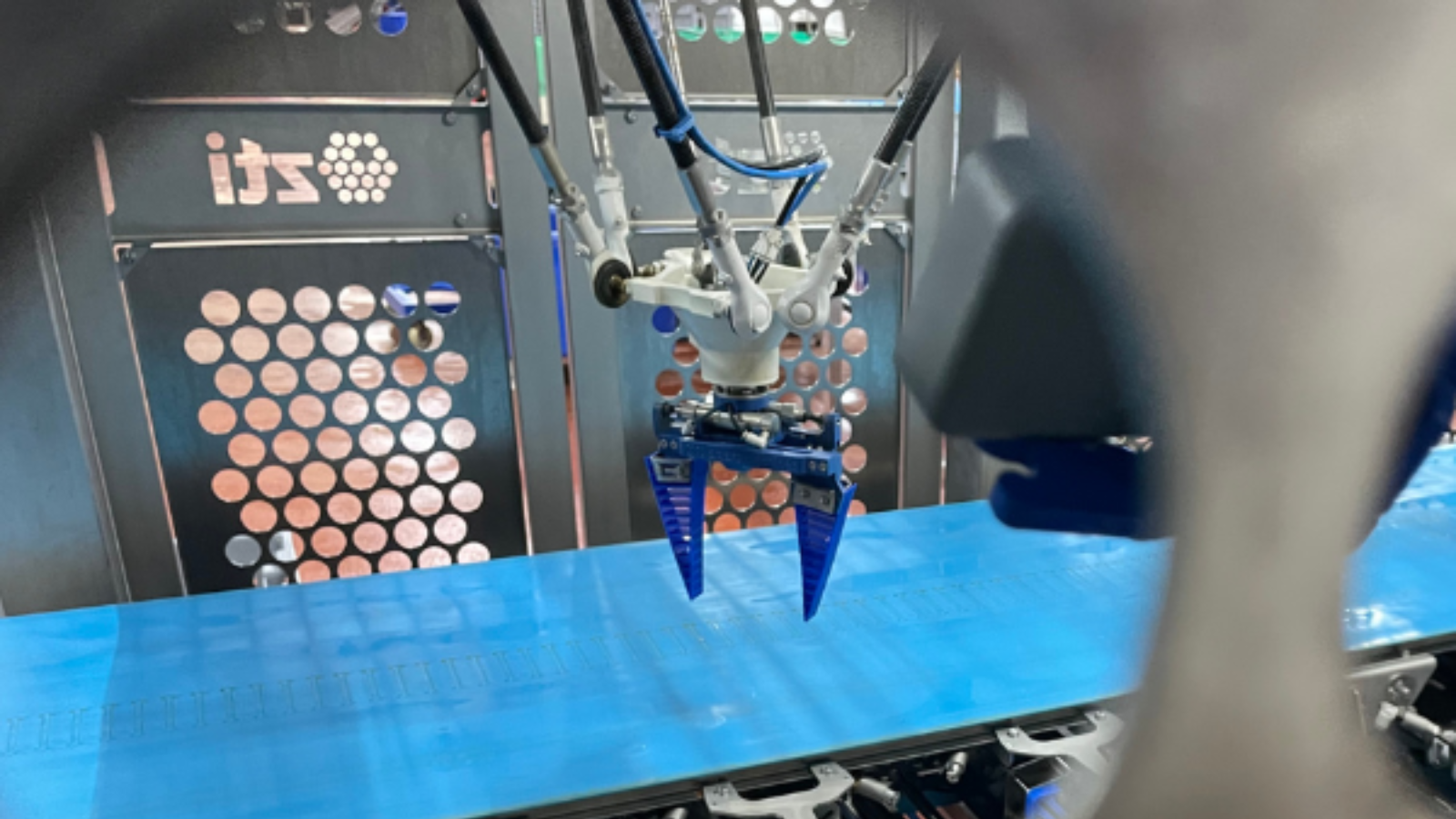.png)
Are We Overlooking Great Engineers in Food Manufacturing?
If you work in food production, you know the score: the lines don’t stop for long, not if we want fresh products on shelves and high-speed lines running at full tilt.
Whether it’s a packaging line dropping bags, a depositor drifting out of spec, or a conveyor motor deciding today’s the day… most issues are mechanical at heart. And yet, more and more job specs across the industry are leaning heavily toward electrical qualifications.
Which can leave brilliant mechanical engineers stuck on the sidelines.
Mechanical vs. Electrical - Are We Expecting Too Much Upfront?
Here’s something many site leaders admit quietly:
“90% of what we need is mechanical, but we still filter out people without the electrical cert.”
Why? Because automated kit is growing. PLCs are everywhere. And compliance matters.
Totally fair.
But those electrical qualifications? They’re not cheap. They take time. And many great engineers, especially those already working in food factories, simply haven’t been given the opportunity to gain them yet.
So, a candidate who knows how to strip down a gearbox blindfolded might not even get an interview.
Feels like a missed opportunity, right?
We Already Have the Talent - We Just Need to Grow It.
Some food producers are starting to rethink things:
Instead of demanding every skill on day one… they’re hiring for mechanical strength and problem-solving mindset first.
Then they invest in electrical upskilling internally tailored to the plant’s actual equipment.
This approach can:
Build loyalty (engineers feel valued, not gatekept)
Create multi-skilled staff who know your machinery inside out
Reduce callouts and downtime
Help with succession planning in a tight labour market
It turns recruitment into retention and that’s gold in food manufacturing.
The Food Industry Is Unique, So Our Hiring Should Be Too
We’re not automotive. We’re not aerospace. We deal with:
Freezer tunnels
Sticky deposits
High-speed canning
Raw protein hygiene requirements
Changeovers and allergen control
Mechanical reliability is everything when a whole shift’s production can slip because one bracket failed or a conveyor tension dropped.
So maybe the first question should be:
“Can this engineer keep our line running?”
And if the answer is yes… the electrical skills can come next.
A Small Shift in Mindset with a Big Payoff
No one’s saying qualifications aren’t important. They are.
But maybe we could give more talented people a foot in the door first and help them grow into the multi-skilled future the industry needs.
Because food manufacturing moves fast.
And the people who keep it moving?
We should be helping them move up too.
